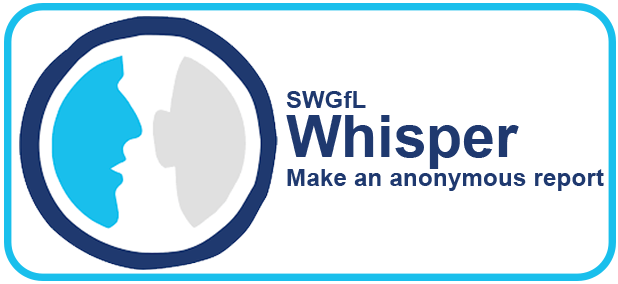R.E
Department Intent
Consent. Tolerance. Respect.
“The highest result of education is tolerance” – Helen Keller
| Knowledge in R.E |
In our Religious Education curriculum, we aim to provide pupils with knowledge about religious beliefs and practices and to explain how these are applied in people’s everyday lives around the world. We will cover a range of religious views, from ancient cultures to modern beliefs, including non-religious ideas in order for the pupils to learn about different global perspectives. This is designed to teach the students how to recognise contrasting belief systems and how to be tolerant and accepting of them. Our curriculum is planned to cover the diverse range of religious and cultural beliefs followed by the majority of our pupils, while also exposing them to less well-known cultures and faiths. This will ensure that they can see the influences and connections between faiths. Pupils will be shown how religion can be controversial and how this can be dealt with in a reasonable and respectful way. |
| Curriculum in R.E |
Beginning the KS3 curriculum with topics on each of the 6 main world religions, pupils will gain the knowledge to discuss challenging topics such as the meaning and purpose of life, beliefs about God and issues of right and wrong. Pupils will have the opportunity to use this to challenge the ideas that they will study and even consider how they might challenge their own thinking.
By the end of KS3, pupils will have an understanding of how religion influences people’s daily lives and the wider impact it can have on communities. They will also look into how conflicts in society over equality, British Values and discrimination link to religious beliefs and how people with faith view these issues.
By the end of KS4, pupils will have a strong understanding of the beliefs and practices in Christianity and Islam in line with the AQA specification. As in KS3, pupils will be able to recall key information about the religions and apply their knowledge to themes such as Religion and Life, and Crime and Punishment. They will also have developed their ability to explain religious concepts in extended written answers. |
| Teaching and Learning in R.E |
Each unit covered in the RE curriculum will provide opportunities for independent work, pair work and group work, all of which are used to build different skills such as debating and making judgements. A focus in RE is developing the pupils’ vocabulary by making explicit reference to key words and subject specific terminology which is needed from the start of KS3. All RE lessons contain elements of retrieval practice, new knowledge and application enabling the pupils to consolidate their understanding of each religious group. Pupils have many opportunities for discussion and analysis of topics in order to express their own opinions and develop the skill of being respectful and open to other people’s ideas. |
| Assessment in R.E |
Throughout the course pupils will be given opportunities for different types of assessment. In their lessons pupils will consistently have mini low stakes assessments in the form of knowledge tests, True and False quizzes and regular questioning. KS4 pupils will also be assessed at a minimum of once a half term on their extended writing ability through in class exam questions. Annual end of year exams will also be used to monitor the progress of the pupils over time. |
| Learning Beyond the Classroom in R.E |
The purpose of the Religious Education curriculum is to encourage pupils to think critically about the world around them and apply their learning to their own context which is done by establishing cross-curricular links with subjects such as English and History to help form connections. The aim is to expose pupils to their local religious groups and places of worship so that they can have an experience outside of their own context. |
Curriculum Journey
| Autumn 1 | Autumn 2 | Spring 1 | Spring 2 | Summer 1 | Summer 2 | |
| 7 | The Story of Religion | Hinduism |
Buddhism |
Judaism | Christianity and Islam | Sikhism |
| 8 | Diversity makes us Stronger | Acceptance for all is our Human Right | Nature Vs Nurture | First Give | Philosophy and Religion | UN Unit |
| 9 | Prophets – What makes a Moral Person? | Where does Morality come from? | Suffering and Radicalisation | Mental Health and RSE | Islamic History- Jahilia | Islam Practices – 5 Pillars |
| 10 |
Islam Practices |
Islam Beliefs |
Christian Beliefs |
Christian Practices |
Christian Practices |
Getting Year 11 Ready |
| 11 |
Marriage and Family |
Religion and Life | Religion, Crime and Punishment |
Religion, Peace and conflict |
Recap and Revision | Year 11 Exam Season |
Curriculum Overview
- 1 Year 7 RE Curriculum Overview
- 2 Year 8 RE Curriculum Overview
- 3 Year 9 RE Curriculum Overview
- 4 Year 10 RE Curriculum Overview
- 5 Year 11 RE Curriculum Overview


